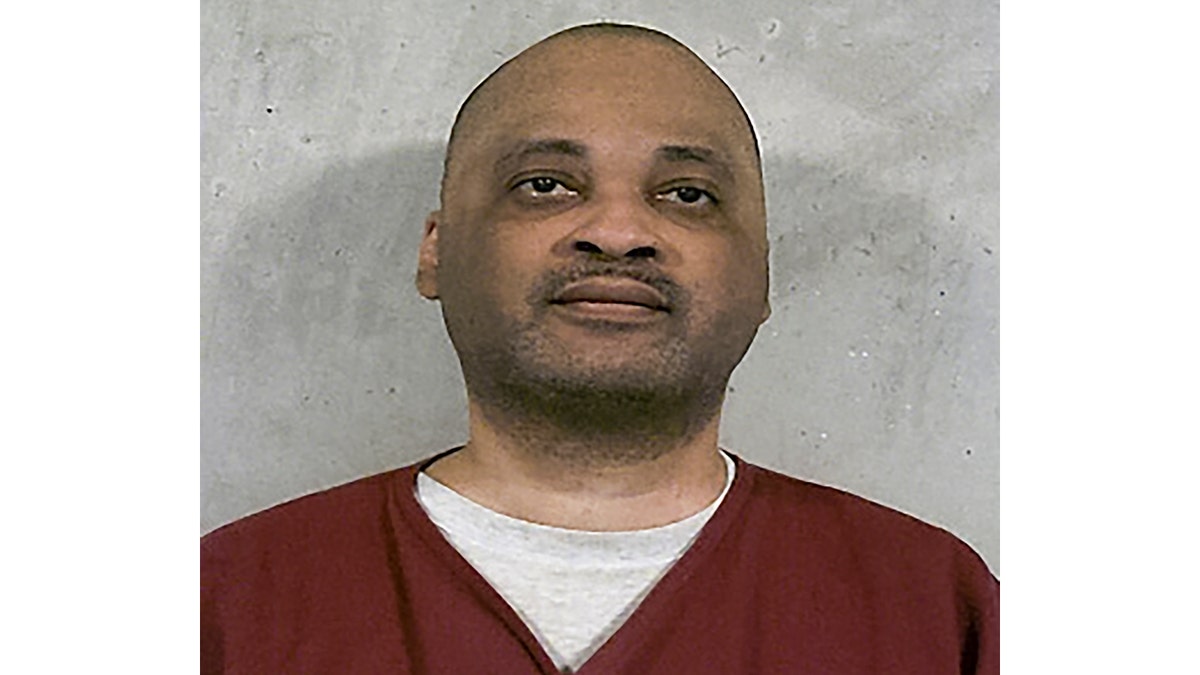In a somber turn of events, Oklahoma carried out the execution of Jemaine Cannon, 51, on Thursday, July 20, 2023. Cannon was convicted for the brutal 1995 murder of 20-year-old Sharonda Clark, a mother of two, whom he stabbed to death with a butcher knife in Tulsa. The execution, conducted by lethal injection at the Oklahoma State Penitentiary in McAlester, marks the second in the state this year and the ninth since the resumption of capital punishment in 2021.
Cannon's crime occurred weeks after he escaped from a prison work center in southwest Oklahoma, where he was serving a 15-year sentence for a prior violent assault. In that earlier case, he was convicted of brutally attacking a woman with a claw hammer, iron, and kitchen toaster, leaving her with permanent injuries. Prosecutors also alleged that Cannon raped her during the attack.
In his final moments, Cannon professed his Christian faith, stating, "Yes, I confess with my mouth and believe in my heart that God raised Jesus from the dead. Therefore I am saved. Thank you." This statement followed the denial of his last-minute appeal, which argued, among other things, that he was Native American and thus not under Oklahoma's jurisdiction.
Clark's eldest daughter, Yeh-Sehn White, and sister, Shaya Duncan, witnessed the execution, describing it as peaceful. White remarked, "In my opinion, he died in a very favorable way. Unfortunately, my mom did not have that opportunity." The execution coincided with Alabama's planned execution of James Barber for a 2001 murder, marking Alabama’s first lethal injection after a series of IV insertion issues prompted a pause in executions.

The image above, released by the Oklahoma Department of Corrections, shows Jemaine Cannon, who was executed on July 20, 2023. He was convicted of the 1995 murder of Sharonda Clark.
During a clemency hearing last month, Cannon claimed he acted in self-defense when he killed Clark. He expressed remorse, saying, "I am deeply disheartened that the act of defending my life and the acts that she initiated against me ever happened." His attorney, Mark Henricksen, argued that Cannon’s legal representation at trial and on appeal was inadequate, noting that the defense presented no witnesses or evidence. Henricksen condemned the state's decision to proceed with the execution as "historic barbarism," highlighting Cannon's deteriorating health, including near deafness and blindness.
Despite these arguments, the Oklahoma Pardon and Parole Board rejected Cannon's clemency plea in a 3-2 vote, following pleas from both White and prosecutors to carry out the sentence. Oklahoma's lethal injection protocol utilizes a three-drug combination: midazolam (sedative), vecuronium bromide (paralytic), and potassium chloride (stops the heart). The state's history with capital punishment has been marked by controversy, including drug mix-ups and a botched execution in 2014 that led to a temporary moratorium.








